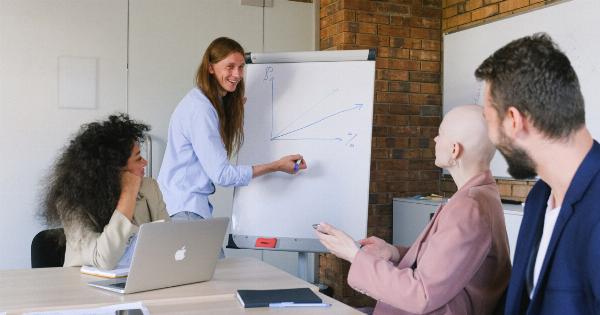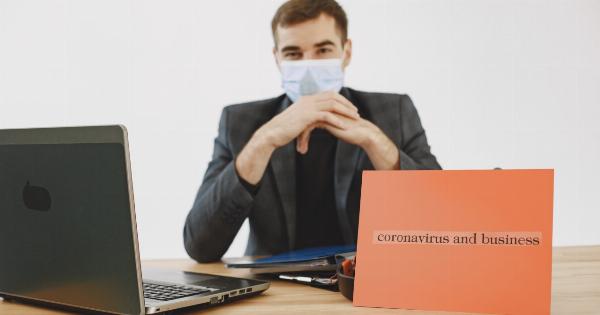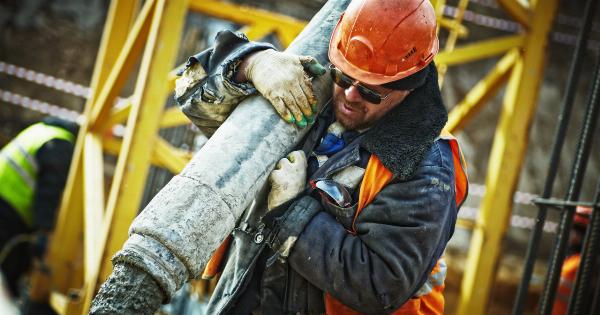A protector is an individual or a system that serves the purpose of preserving or guarding someone or something from harm, damage, or danger.
Depending on the context, the functions of a protector can vary, ranging from personal protection to safeguarding resources and facilitating decision-making processes. Understanding these functions is essential in order to ensure safety, security, and overall well-being in various aspects of life.
1. Personal Protection
One of the primary functions of a protector is to provide personal protection. This can include safeguarding individuals from physical harm or emotional distress.
Protectors may take the form of bodyguards, security personnel, or even trusted friends and family members who prioritize the safety and well-being of the person they are protecting. Personal protection is vital for anyone in a position that may make them vulnerable to threats or attacks.
2. Safeguarding Resources
A protector is responsible for safeguarding resources in order to maintain their integrity and prevent loss or misuse. This function applies to various scenarios, such as financial security, data protection, and environmental conservation.
In the financial realm, protectors ensure the proper management of assets, preventing theft, fraud, or financial mismanagement. Likewise, in the digital age, protectors play a crucial role in securing sensitive data from cyber threats and maintaining privacy.
3. Facilitating Decision-making Processes
Protectors often play a significant role in facilitating decision-making processes by offering guidance, advice, and support.
This function is particularly relevant in the realm of leadership, where protectors act as trusted advisors to help leaders make informed and responsible choices. By offering different perspectives, analyzing risks, and considering potential consequences, protectors help ensure that decisions are well thought out and aligned with long-term goals.
4. Ensuring Safety in Environments
Protectors contribute to creating and maintaining safe environments, both physical and virtual.
In physical spaces, such as homes, workplaces, or public venues, protectors may implement safety measures, security systems, and emergency response protocols. This ensures that people feel secure and can go about their daily activities without fear. In the digital realm, protectors may focus on cybersecurity, protecting information systems, networks, and online users from potential threats and attacks.
5. Preserving Cultural and Historical Heritage
Protectors are responsible for preserving cultural and historical heritage for future generations.
This function involves the conservation of tangible and intangible aspects of heritage, including monuments, artifacts, traditions, customs, languages, and knowledge. Through their efforts, protectors ensure that these cultural treasures are safeguarded, appreciated, and passed on to future generations, enabling the continuity of identity and history.
6. Advocating for Human Rights
Protectors play a crucial role in advocating for human rights and ensuring that individuals’ rights and freedoms are protected.
This function involves raising awareness, speaking up against injustices, and supporting initiatives aimed at promoting equality, justice, and dignity for all. Protectors may work in organizations that focus specifically on human rights or take on this role within their communities and social circles.
7. Guaranteeing Legal Protection
Protecting the rights and safety of individuals within the boundaries of the law is another important function of a protector.
Whether in the form of lawyers, law enforcement officers, or legal advocates, protectors ensure that legal systems are upheld and that those who seek justice receive proper representation and support. Their work contributes to the maintenance of social order, accountability, and fairness within society.
8. Promoting Health and Well-being
Protectors are instrumental in promoting health and well-being on both individual and community levels. This function encompasses various aspects, including physical, mental, and emotional well-being.
Healthcare professionals, therapists, counselors, and educators, among others, act as protectors by providing support, guidance, and resources to maintain and improve overall health. By helping individuals and communities thrive, protectors contribute to the overall betterment of society.
9. Protecting the Environment
Environmental protection is a significant function of a protector, essential for the preservation of the planet and its resources.
Environmental protectors work towards maintaining ecological balance, conserving biodiversity, and mitigating the adverse impacts of pollution and climate change. Through advocacy, research, policy-making, and conservation efforts, protectors contribute to sustainable development and the safeguarding of our natural surroundings.
10. Ensuring Ethical Practices
Protectors play a crucial role in ensuring ethical practices across various domains, such as business, research, and governance. They work towards preventing corruption, promoting transparency, and upholding moral and ethical standards.
By monitoring and reporting unethical behavior, protectors help maintain integrity and fairness in society, fostering trust and credibility in institutions and organizations.
In conclusion, the functions of a protector are multi-faceted and encompass a wide range of responsibilities.
From personal protection and safeguarding resources to facilitating decision-making processes and promoting health, protectors contribute to safety, security, and well-being in numerous ways. By understanding these functions, we can appreciate the importance of protectors and the vital role they play in maintaining order, harmony, and progress in various aspects of life.































